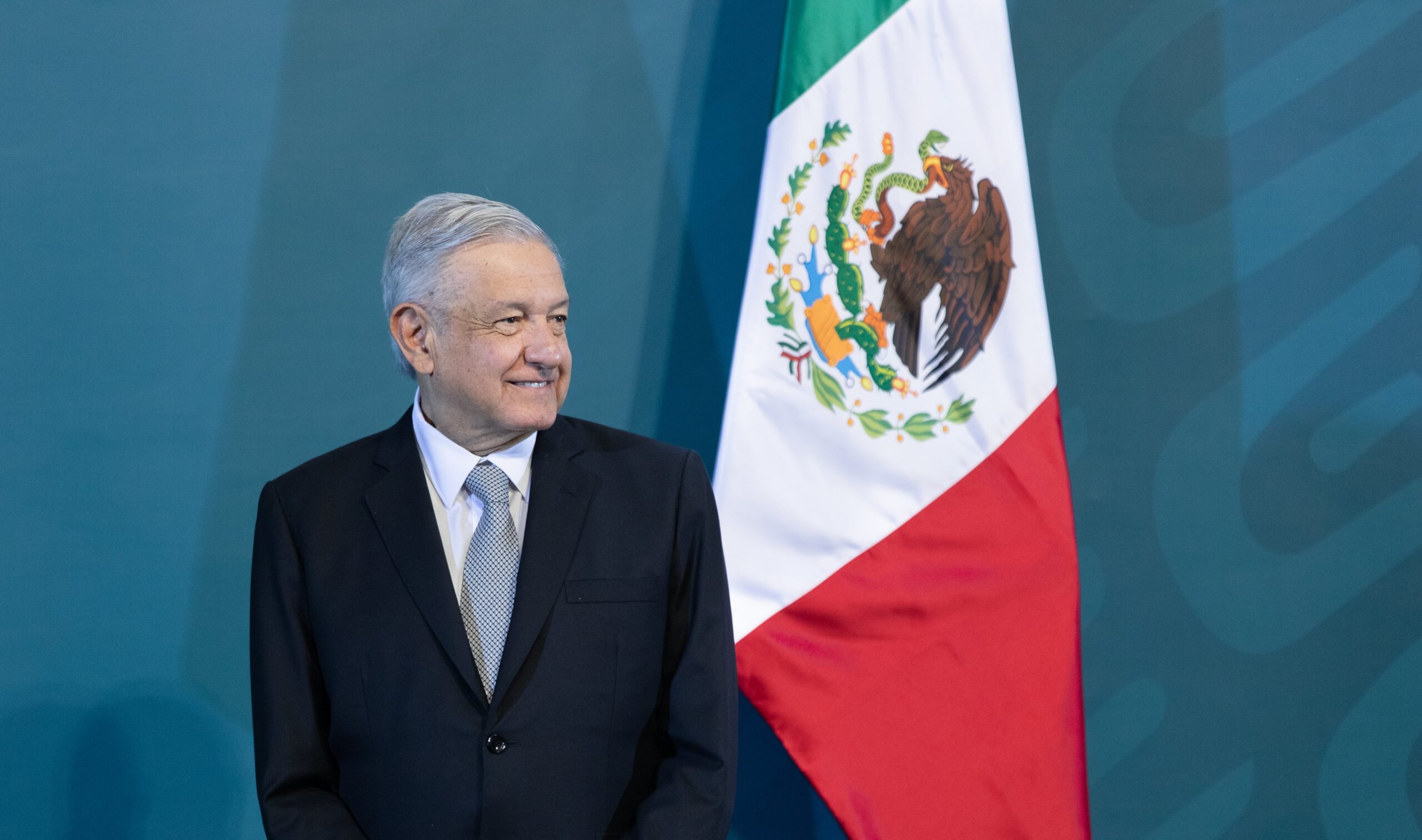
When Andres Manuel López Obrador was elected president of Mexico in July 2018, he promised to return the country’s energy companies to their former glory. Since then, his policies have turned away renewable investment and prompted an internal legal struggle.
In his first speech following election, President Lopez Obrador touched on his desire for energy reform. This would involve helping state-owned oil company Petróleos Mexicanos, known as Pemex, as well as national energy company CFE. Pemex in particular used to have significant influence and investment, but banks now consider it ‘junk grade’.
ICIS Mexico Energy Report editor Claudia Espinosa said at the time: “This focus is currently perceived by most energy market participants as being to the detriment of wider energy policy formation, implementation, and economic benefit to the nation.”

The president started by suspending auctions for offshore exploration licenses until at least 2022. This limited foreign investment, favouring Pemex. The government then agitated current investors by attempting to renegotiate existing contracts.
These moves scared foreign investors, and American and European governments sent diplomats to Mexico to reason with lawmakers.
Reinforcing state companies comes at expense of foreign investment
Investors in renewables soon faced a similar situation. In December 2018, authorities suspended the country’s fourth clean energy auction.
Previous auctions had proven very successful: the third auction attracted 392 bids for 14 projects. This fourth auction would have taken place in February 2019, but the National Centre of Energy Control (CENACE) has not yet set a new date. Energy ministry officials have since said it will “likely” take place when conditions are “optimal”.
Following this, the Mexican Energy Ministry changed its Clean Energy Certificates scheme to favour CFE. Previous administrations had designed the scheme similar to other energy credit schemes, giving incentive and funding to renewable power projects.
The ministry granted these certificates to CFE’s renewable projects built before 2014, flooding the market and lowering their worth. This effectively eliminated a significant source of income for potential projects, instead handing the money to state-run industry.
Foreign renewable energy companies, including AES in the US and France’s EDF, fought back by filing injunctions against the move in Mexican courts. After an appeal, the companies saw victory in November 2019. This legal win guaranteed the value of the certificates to more companies, after several smaller cases.
Covid-19 toughens the fight for renewable investors in Mexico
In April 2020, CFE said it would reopen contracts it had accepted in recent years. CEO Manuel Bartlett said that buying power from other companies was an ‘aberration’, going on to say: “It’s a new government, a new vision, and we’ve got the right to review everything we think is worth reviewing.”
On the other hand, Bartlett said that CFE did not oppose renewable power generation, saying: “We use all necessary and renewable sources for our plants.”
Then, in May, the situation escalated again after Mexico’s state-owned energy regulator passed a directive limiting renewable energy generation in the country. CENACE asserted that renewable energy destabilised the country’s grid, particularly as Covid-19 suppressed energy demand.

However, environmental think tank Plataforma Mexico Clima y Energia found no specific failures from renewable generation companies in April, when Mexico’s virus lockdown started.
Because of these changes, any renewable generation project in the country due to start operations after 3 May could not get an operations license.
Again, the international community expressed concern. In one letter, Canada’s ambassador-designate to Mexico wrote to the country’s energy minister: “This agreement joins a host of measures, legal and policy changes that attack investment in renewable energy in the country.”
How renewables have won the most recent fight
Two weeks after this, the country’s Energy Secretariat (SENER) rushed to issue a policy allowing it to limit clean energy generation. This introduced new tests for solar and wind projects, and gave CENACE the power to reject new plant study requests.
However, legal action by companies and activist groups effectively suspended the legislation later in the month. The Mexican Centre for Environmental Law worked with Greenpeace Mexico to get a temporary suspension of this order. In August, judges made this suspension permanent, while a higher court looked at the actions of CENACE and SENER.
A Greenpeace statement said: “Any irregularity in concessions or auctions must be investigated and corrected. Where appropriate, this must include the punishment of public officials and private persons involved in alleged administrative or criminal violations.
“It is urgent that the government does not take regressive measures, keeping Mexico from complying with its international commitments to reduce emissions and mitigate climate change.”
This fight remains far from over. In early August, Bloomberg reported that a memorandum written by Lopez Obrador suggested changes to Mexico’s constitution in order to support CFE and Pemex.


